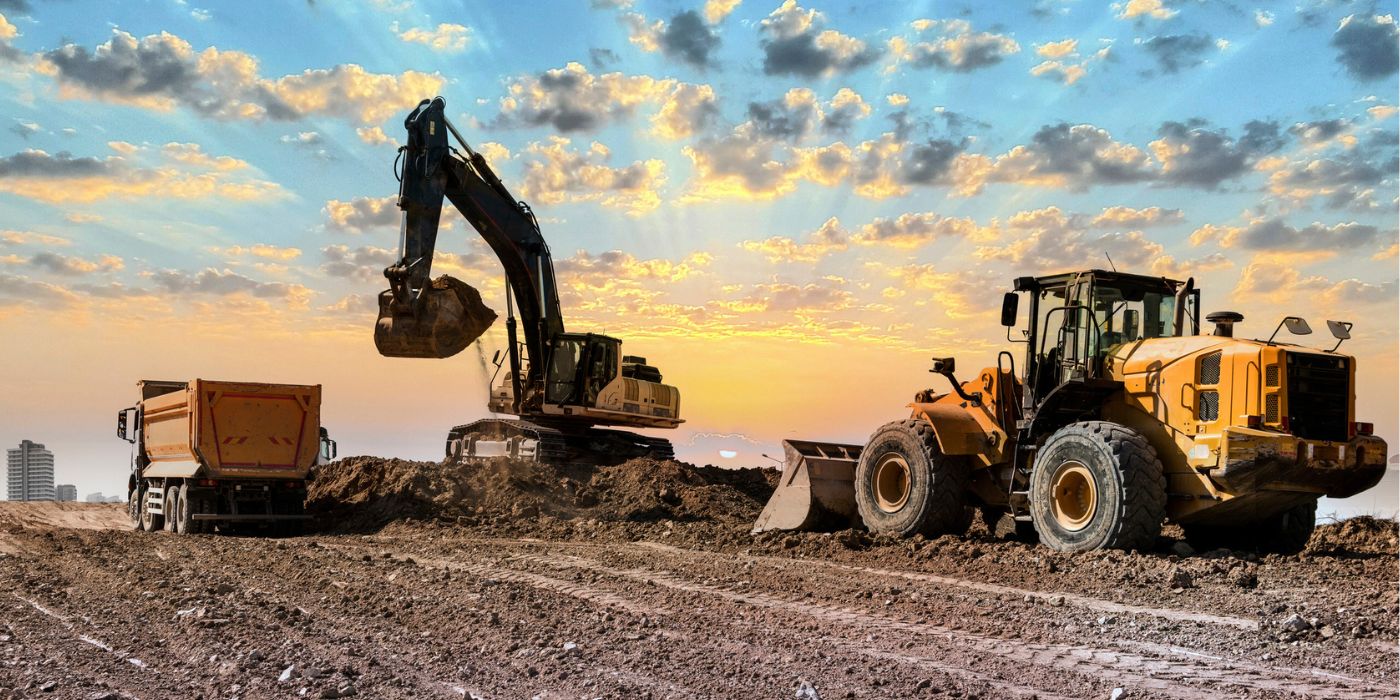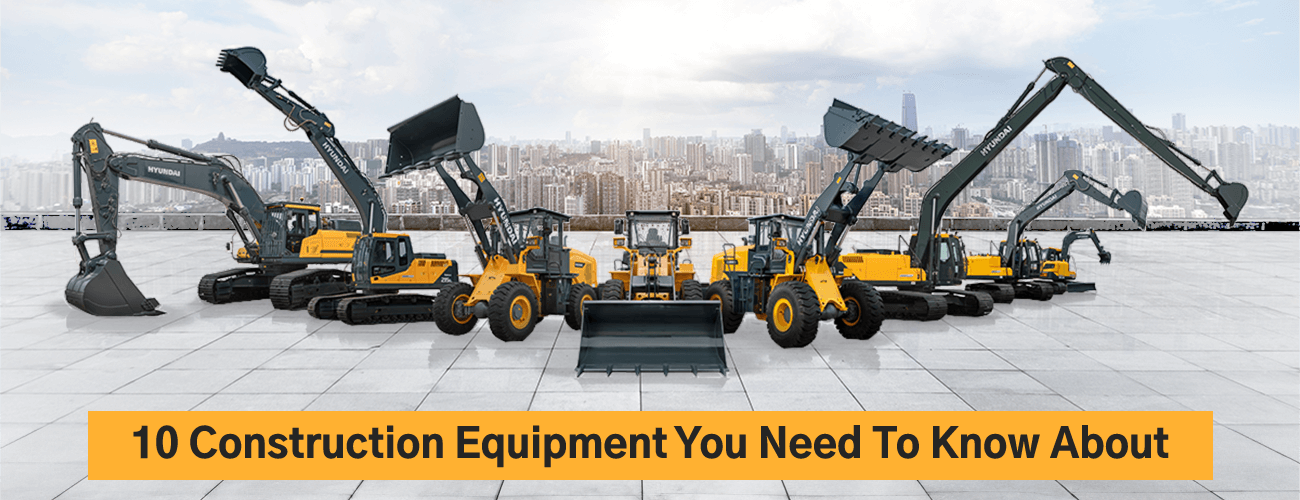Boom Lift Rental in Tuscaloosa, AL: Discover Inexpensive Options for Your Tasks
Boom Lift Rental in Tuscaloosa, AL: Discover Inexpensive Options for Your Tasks
Blog Article
Discovering the Financial Advantages of Renting Building And Construction Tools Contrasted to Owning It Long-Term
The choice between leasing and owning construction devices is crucial for economic administration in the market. Leasing offers instant cost financial savings and operational versatility, allowing companies to assign sources a lot more efficiently. Recognizing these nuances is necessary, specifically when thinking about exactly how they line up with particular job needs and economic strategies.

Price Comparison: Renting Out Vs. Possessing
When examining the financial effects of renting out versus having construction devices, a thorough cost comparison is vital for making notified decisions. The choice in between renting and possessing can substantially impact a business's profits, and recognizing the linked costs is important.
Renting construction tools commonly includes lower ahead of time prices, permitting businesses to allocate resources to other operational requirements. Rental costs can build up over time, possibly exceeding the expense of ownership if tools is needed for a prolonged duration.
On the other hand, owning building tools calls for a considerable initial financial investment, together with continuous expenses such as insurance, depreciation, and financing. While possession can lead to lasting financial savings, it also locks up funding and may not offer the same degree of adaptability as leasing. In addition, possessing tools demands a dedication to its usage, which might not always align with task needs.
Ultimately, the choice to own or rent out should be based upon a comprehensive analysis of certain task demands, financial capacity, and lasting calculated goals.

Upkeep Responsibilities and costs
The choice in between possessing and renting construction tools not just involves financial factors to consider but also encompasses ongoing maintenance expenditures and duties. Possessing tools calls for a substantial dedication to its maintenance, that includes routine examinations, fixings, and prospective upgrades. These responsibilities can rapidly gather, leading to unforeseen prices that can strain a budget plan.
In contrast, when leasing devices, maintenance is generally the obligation of the rental business. This setup allows contractors to stay clear of the financial burden connected with damage, along with the logistical obstacles of scheduling repair services. Rental arrangements frequently include provisions for maintenance, indicating that contractors can focus on finishing projects instead of bothering with equipment problem.
In addition, the varied variety of equipment readily available for rental fee enables firms to pick the most up to date designs with sophisticated innovation, which can boost effectiveness and performance - scissor lift rental in Tuscaloosa, AL. By deciding for services, services can stay clear of the long-lasting liability of equipment devaluation and the connected maintenance headaches. Inevitably, evaluating maintenance costs and obligations is essential for making an informed decision regarding whether to own or rent construction devices, dramatically influencing general project expenses and operational efficiency

Devaluation Effect on Ownership

A considerable factor to think about in the choice to own construction devices is the impact of depreciation on overall ownership prices. Depreciation stands for the decline in value of the equipment gradually, affected by elements such as usage, wear and tear, and innovations in innovation. As tools ages, its market price lessens, which can substantially influence the proprietor's economic position when it comes time to trade the devices or market.
For construction business, this devaluation can convert to substantial losses if the equipment is not utilized to its greatest possibility or if it lapses. Proprietors need to account for devaluation in their economic projections, which can bring about greater general prices compared to renting out. In addition, the tax obligation effects of devaluation can be complex; while it may offer some tax advantages, these are often offset by the reality of minimized resale worth.
Ultimately, the problem of depreciation stresses the significance of recognizing Find Out More the long-lasting financial commitment associated with owning building tools. Firms have to meticulously review how typically they will utilize the tools and the possible monetary effect of depreciation to make an enlightened decision about possession versus leasing.
Financial Versatility of Renting
Renting building tools uses significant economic adaptability, enabling companies to allot resources a lot more efficiently. This flexibility is specifically crucial in a market defined by fluctuating job needs and varying work. By deciding to rent, companies can stay clear of the significant funding outlay needed for buying tools, maintaining capital for various other functional needs.
In addition, renting devices enables companies to tailor their devices choices to details project demands without the long-lasting commitment connected with possession. This indicates that services can conveniently scale their devices inventory up or down based on existing and anticipated project demands. Consequently, this flexibility lowers the threat of over-investment in machinery that might become underutilized or obsolete over time.
Another monetary advantage of leasing is the potential for tax advantages. Rental settlements are typically taken into consideration business expenses, permitting immediate tax deductions, unlike devaluation on owned and operated devices, which is spread over several years. scissor lift rental in Tuscaloosa, AL. This immediate expenditure recognition can further boost a company's cash money setting
Long-Term Project Factors To Consider
When evaluating the lasting needs of a building and construction organization, the decision between having and renting devices becomes more intricate. Trick elements to consider consist of job period, regularity of usage, and the nature of upcoming jobs. For tasks with prolonged timelines, purchasing equipment may seem helpful because of the capacity for reduced overall expenses. Nonetheless, if the equipment will certainly you can try here not be utilized continually across jobs, owning may cause underutilization and unneeded expense on upkeep, insurance coverage, and storage space.
The construction market is evolving rapidly, with brand-new devices offering enhanced performance and safety and security functions. This versatility is especially valuable for businesses that manage varied jobs requiring different types of equipment.
Additionally, economic stability plays an essential role. Possessing equipment usually involves significant funding financial investment and devaluation concerns, while leasing enables even more predictable budgeting and cash money circulation. Ultimately, the selection between owning and renting needs to be lined up with the critical goals of the building business, taking into consideration both anticipated and existing task needs.
Final Thought
To conclude, renting construction tools uses substantial economic advantages over lasting ownership. The minimized in advance prices, removal of maintenance responsibilities, and evasion of devaluation contribute to improved capital and monetary adaptability. scissor lift rental in Tuscaloosa, AL. In addition, rental payments offer as instant tax reductions, even more benefiting service providers. Ultimately, the choice to rent out as opposed to own aligns with the dynamic nature of building and construction projects, enabling for flexibility and accessibility to the current tools without the monetary burdens connected with possession.
As equipment ages, its market worth reduces, which can considerably impact the proprietor's financial placement when it comes time to sell or trade the tools.
Renting out building tools uses substantial monetary flexibility, allowing companies to allocate sources a Go Here lot more efficiently.Furthermore, renting out devices makes it possible for business to tailor their equipment selections to specific project demands without the lasting dedication associated with possession.In conclusion, leasing construction devices provides substantial monetary advantages over long-lasting ownership. Ultimately, the decision to rent out instead than very own aligns with the vibrant nature of building jobs, enabling for versatility and access to the most recent equipment without the economic concerns linked with possession.
Report this page